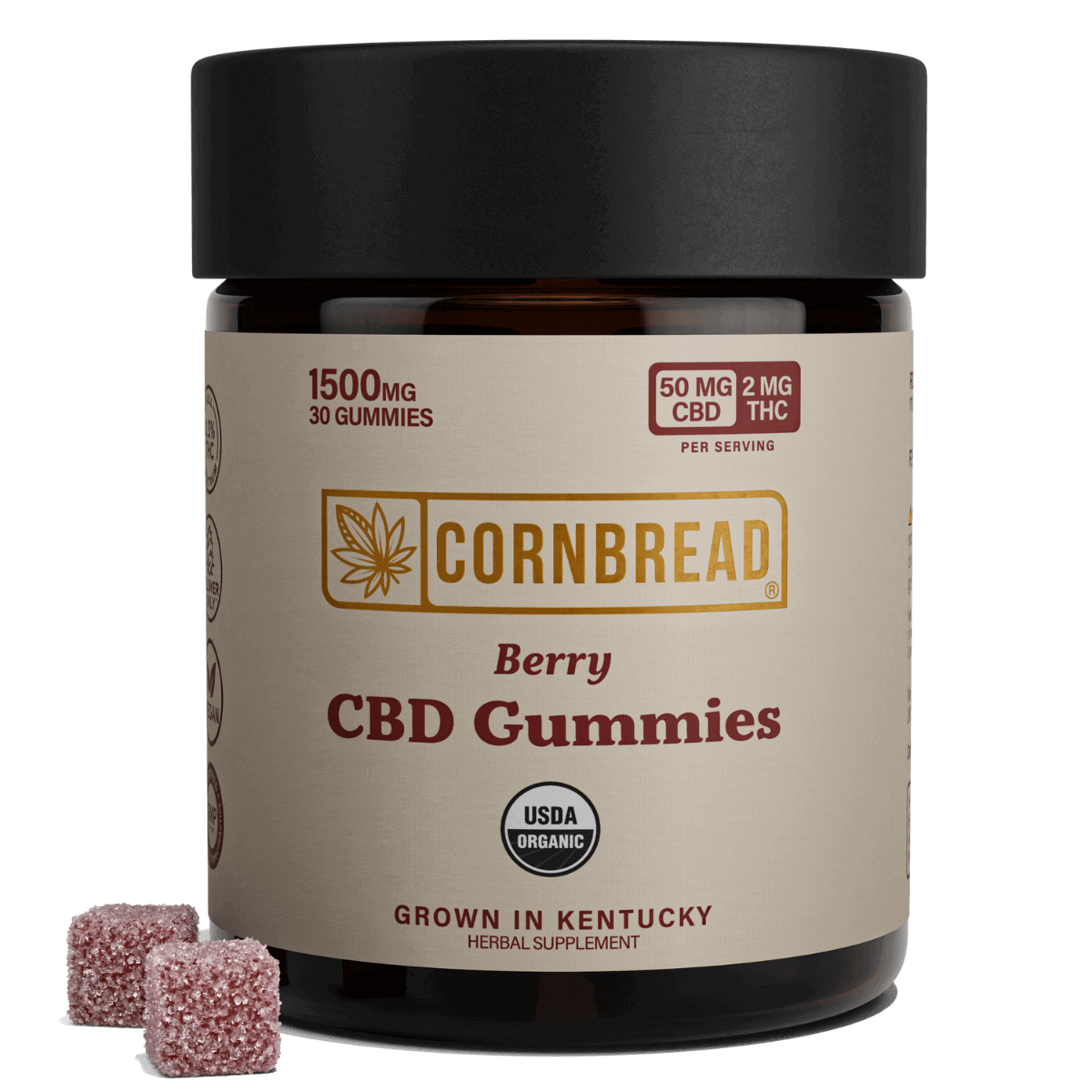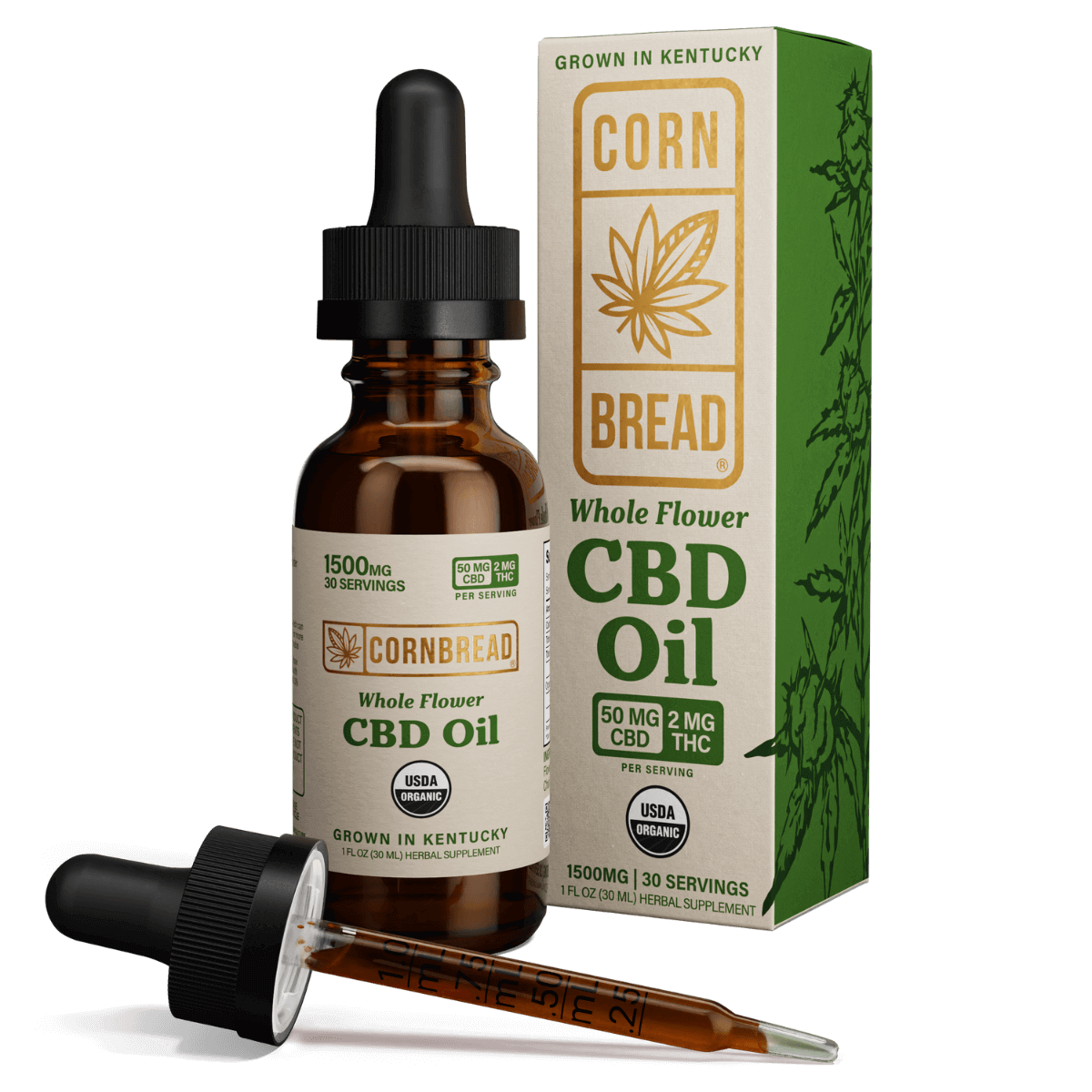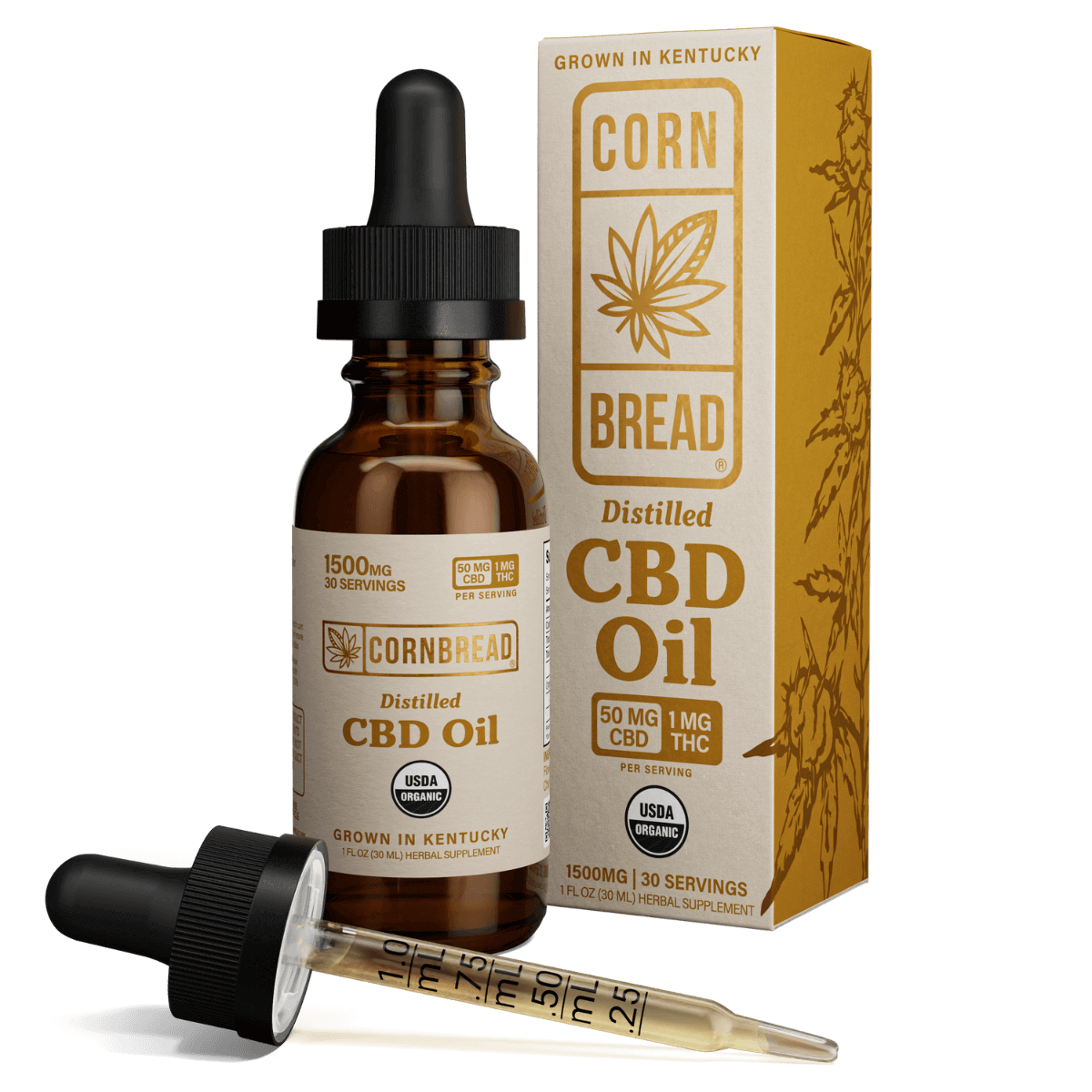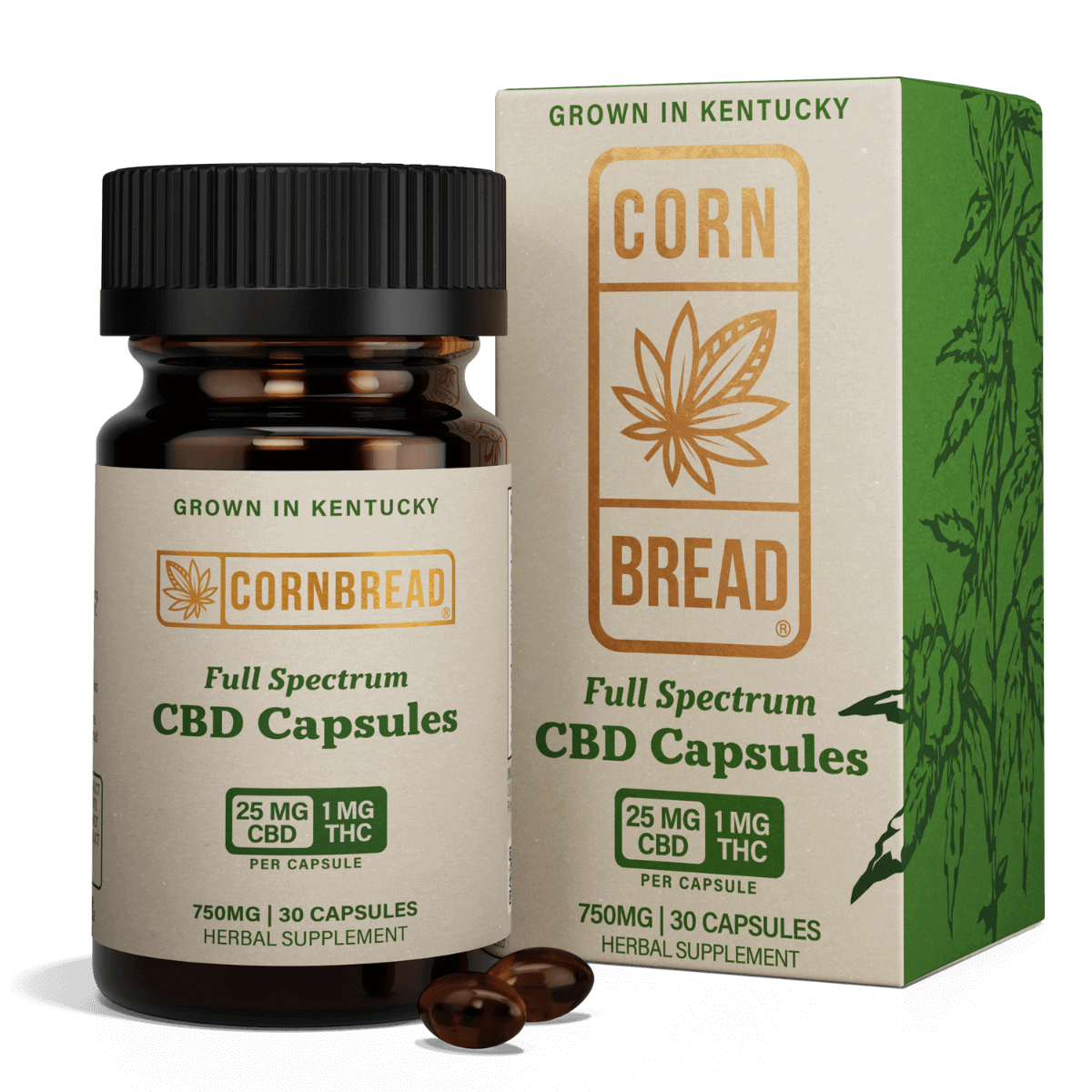Table of Contents
INTRODUCTION
Nano CBD (cannabidiol) has been making waves in the cannabis world, with nano CBD producers promising enhanced absorption, faster onset of benefits, and other advantages. But how do nano CBD products really compare to traditional CBD products?
As a cool of a word as "nano" is (put “nano” in front of anything — "nano robots," "nano-sized," "nanotechnology" — and it instantly sounds fresh, futuristic, and like something out of sci-fi), the claims about nano CBD are a subject of debate in the scientific community.
It turns out that, despite what marketers say, a nano CBD product may not be the best CBD product after all. Keep reading to learn more about nano CBD, whether or not it works, and how it compares to traditional CBD oil.
WHAT IS NANO CBD OIL?
Contrary to popular misconception, nano CBD is not CBD that’s been reduced to the size of tiny particles using Ant-Man technology.
Unlike what the name suggests, you can’t make a CBD molecule smaller by putting the word “nano” in front of it. A CBD molecule is a CBD molecule. If you break it down into smaller “nano” CBD particles, it will not act like CBD should.2
In reality, the CBD molecule itself remains unchanged in size, structure, and composition, but it’s been encapsulated by nano-sized particles (measuring less than 100 nanometers in diameter).
“Nano CBD is a CBD molecule coated with very small particles, such as liposomes or lipid nanoparticles (LNPs), that stabilize the CBD and can move in our blood faster than 'naked' CBD, to effectively reach the target,” explains Dr. Itzhak Kurek, Ph.D., the co-founder and CEO of Cannformatics, a Northern California biotech company.1
In other words, “nano CBD” is shorthand for “nano-emulsified,” or wrapped in a very small jacket.
Still, nano CBD producers claim so-called “nano CBD” results in a number of benefits.
THE PURPORTED BENEFITS OF NANO CBD
Regular CBD is widely known for various health benefits, including relief from occasional aches and pains, mood support, stress relief, and improvement in sleep. Proponents of nano CBD technology claim that nano CBD goes a step further by offering the following advantages over traditional CBD oil:
Easy to mix
One claim is that the supposedly tiny CBD particles are easy to mix into liquids and beverages because they can be distributed uniformly and consistently. This means nano CBD particles can be added to drinks like water, tea, or smoothies, with minimal changes in taste and texture.
Increased bioavailability
Bioavailability refers to how easily a substance enters the bloodstream and becomes absorbed. One claim is that nano CBD particles can pass directly through cell membranes, increasing the compound's bioavailability. Theoretically, this would mean consumers could take lower doses to achieve the same therapeutic effects.
Rapid results
Another bold assertion is that nano CBD offers a faster onset, supposedly allowing consumers to feel the effects within minutes of consumption — which would be ideal for those seeking immediate results for their health issues.
What does the scientific community have to say about these claims? First let’s take a look at how easily nano-emulsified CBD particles mix.
WHAT IS CBD NANOTECHNOLOGY?
According to a survey of research by Ganjapreneur, Confidence Analytics Operations Director Pat Reynolds said that the term nanotechnology is largely misused when it comes to nano CBD — the correct term is usually “nanoemulsion.”
“Nanoemulsions are produced by high-shear mixing … I guess you could call that a form of nanotechnology, but to my mind, that is a bit of a stretch,” said Reynolds.3
Nanoemulsion is used to help make something soluble that isn’t typically soluble in liquid. Similar to how oil and vinegar salad dressings are made, except the tiny size of the molecules lets them remain stable for longer.
This is the technology used to create nano-emulsified CBD waters and other similar CBD products. Controversy has occurred surrounding these products — multiple third parties have tested an array of products and found that most have no or negligible amounts of CBD detectable.4
Granted, some of the companies that create these products have attested that standard CBD oil tests do not pick up on nano emulsified CBD.5 Reynolds said, “Even if a beverage is presented as a nano emulsified CBD, when the lab adds a solvent as part of their extraction process, this causes the emulsion to break and anything encapsulated in the nanoemulsion will be visible to the lab’s instruments.”
But the fact of the matter is, none of these technologies or products is regulated enough to substantiate the claims put forth by nano CBD manufacturers.
DOES NANO CBD WORK?
It’s important to remember that “nano CBD” doesn’t mean that the CBD molecules themselves are smaller, but rather they’ve just been emulsified at the nano level through a chemical process.
As far as bioavailability goes, some companies that make nano CBD products — which are, technically speaking, actually nano-emulsified CBD, not smaller-sized CBD particles — claim that nano CBD passes through the cell membrane to the bloodstream faster than natural CBD. Studies on this phenomenon have been very limited and inconclusive. Not to mention, human studies on nano CBD are nonexistent.6
“Practically speaking, is it that much different than taking a stronger dose? I don't know that consumers would find [nano CBD] much different,” writes Adrian Devit-Lee, the Chief Science Writer at Project CBD.7
IS NANO CBD FULL SPECTRUM?
What category of CBD oil does nano CBD fall into? First, let's take a look at the three types of CBD oil:
Full spectrum CBD Oil

Full spectrum CBD oil is a type of CBD extract that contains most of the 100+ cannabinoids and other beneficial compounds found in the cannabis plant, including a trace amount of THC. When all of these compounds work together, this is known as the “entourage effect.” This phenomenon encourages the endocannabinoid system (or ECS for short) to function at an optimum level.
CBD Isolate
CBD isolate is cannabidiol in its purest form, containing only the isolated compound without any other cannabinoids or compounds from the cannabis plant.
Broad spectrum CBD Oil
Broad spectrum CBD contains, as its name suggests, a broad range of cannabinoids and other health-promoting compounds from the cannabis plant — except for psychoactive THC — providing more potential therapeutic benefits than CBD isolate.
Unlike full spectrum oil, which activates the entourage effect, a THC-free product (such as isolated and broad spectrum CBD oil) does not have the same effect that a full spectrum CBD oil product does.
Nano CBD is a CBD isolate technology. This means you’re getting CBD molecules by themselves rather than in the company of other cannabis compounds, which means you’ll miss out on the potential for maximum effectiveness.
THE TRUTH ABOUT NANO CBD WATER
Improved solubility is often listed as a purported benefit of nano CBD. Nano technology — nanoemulsion, specifically — is what allows CBD isolate to be more water soluble. This means it can disperse more readily in liquids compared to traditional CBD oil. However, nano CBD isn't fully "water-soluble," as it doesn't dissolve completely in water.
But while this improved solubility makes it easier to incorporate nano CBD in water-based products and beverages, there's another factor to be aware of — the shelf life of CBD.
Typically, CBD products are sold in amber-colored bottles and jars to protect the CBD inside from being damaged by light. Would you buy water in a brown bottle? Even if you would, you'd be the exception. For this reason, nano CBD–infused beverages aren't packaged with the same care as high-quality CBD supplements.
“Clear CBD water bottles that could sit on store shelves for weeks or even months under the blazing lights of a grocery store aisle might be CBD-free by the time they're purchased and consumed,” notes Erin Hiatt of Weedmap. 8
A study conducted by Leafly tested 47 different CBD products and found that CBD nano water was “the least reliable form factor.”9 Zero out of the four water products the scientists tested passed the study — none of them delivered CBD as advertised within a 20 percent margin.10 Tinctures and gummies were the most reliable in terms of their packaging claims.
The U.S. Food and Drug Administration is preparing to regulate CBD products. Until those rules are in place, CBD manufacturers — including those using nano CBD — are free to put whatever they want in their products.11
WHAT YOU SHOULD REALLY LOOK FOR IN A CBD PRODUCT
As the CBD market continues to grow, it's easy to get caught up in the latest trends. While these innovations can be enticing, it's important to be mindful of what matters most when choosing a CBD product. When shopping for CBD products of any kinds, the following should guide your decision:
Quality of Ingredients
The CBD in a cannabidiol product is just one component of the formula — the other ingredients play a vital role in the product's overall efficacy, not to mention safety. Look for CBD products made from organic hemp, as they're less likely to contain harmful pesticides or chemicals. And in order for CBD products to attain the USDA organic seal, all ingredients must be certified organic. Additionally, you should check the product's certificate of analysis (COA) to ensure that it's been tested for purity and potency by a reputable third-party lab.
Full Spectrum CBD
As mentioned above, full spectrum products contain a range of cannabinoids, terpenes, and other beneficial compounds found in the cannabis plant, potentially offering the entourage effect. This means the components can work together synergistically to enhance the benefits of CBD.
Extraction Method
The method used to extract CBD from the hemp plant can make a huge difference in a product's quality. Avoid products that use cheap or potentially harmful extraction methods. Organic sugarcane ethanol extraction is the best method of full spectrum CBD extraction, and it’s the only one we use at Cornbread Hemp. The process is a gentle one and helps maintain the purity of the CBD, while the ethanol sourced from organic sugarcane allows us to meet the USDA's organic certification requirements.
Lab Testing
Reputable CBD companies are transparent about their products and provide easy access to third-party lab test results on their website or with a QR code on the product packaging. These results confirm the presence of the contents advertised on the label as well as the purity and safety of the ingredients.
NANO CBD: THE TAKEAWAY
The fact is, as of yet, no nano CBD producer can claim to check all the boxes above — and the technology behind nano CBD is under-studied. There’s no such thing as organic nano CBD — it can’t be certified organic because of the technology used to produce nano products. In addition to this, the packaging of nano CBD beverages and edibles can be detrimental to the products’ shelf life.
If you’re putting a supplement into your body with the expectation of favorable results — whether it’s for potential relief of discomfort or stress or for help kicking back after a long day’s work — you want to make sure that your supplements are what they say they are and do what they claim to do. There’s just not enough science to back up the claims made by nano CBD producers — and what science there is frequently disputes those claims.
Organic Full Spectrum CBD Oil from Cornbread Hemp

At Cornbread Hemp, we understand the importance of high-quality CBD oil that you can count on. Our hemp is sustainably sun-grown in Kentucky with crop rotations instead of fertilizers, and our oil has no preservatives or fillers. The same limestone water that makes Kentucky's world famous bourbon waters our hemp, which is grown without toxins like pesticides.
All Cornbread Hemp products are full spectrum, made from Flower-Only™ extract, and are USDA certified organic through each step of the process. Our labels include a QR code that takes you to our website, where you can view third-party lab reports for every single one of our small batch cannabinoid products. Shop our full-spectrum CBD products now.













 Log in
Log in



















